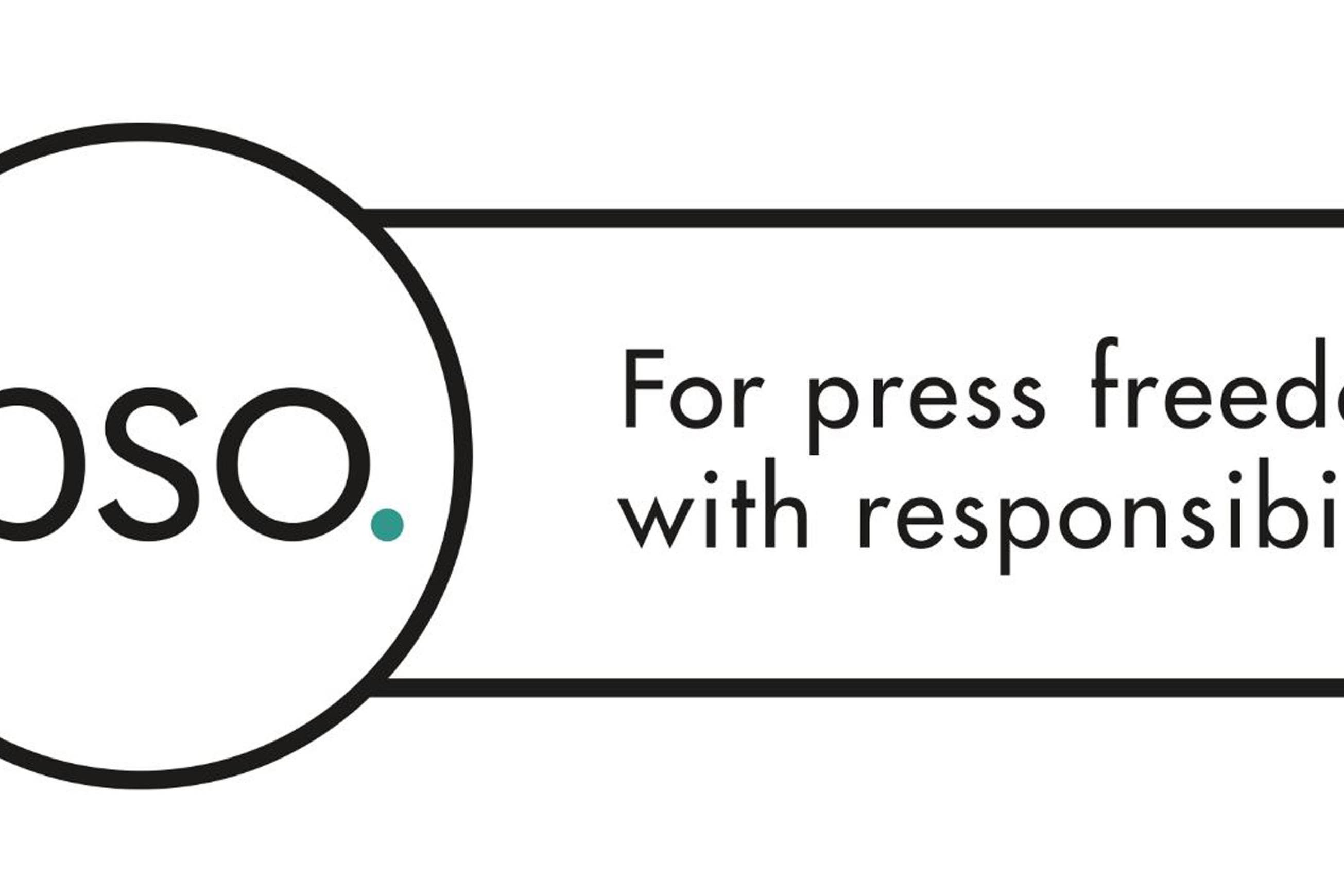Press regulator wants ‘spectrum of opinion’ on draft sex and gender guidelines
The guidance is intended to support editors and journalists to improve the quality of editorial decision-making, but are not mandatory.

Your support helps us to tell the story
From reproductive rights to climate change to Big Tech, The Independent is on the ground when the story is developing. Whether it's investigating the financials of Elon Musk's pro-Trump PAC or producing our latest documentary, 'The A Word', which shines a light on the American women fighting for reproductive rights, we know how important it is to parse out the facts from the messaging.
At such a critical moment in US history, we need reporters on the ground. Your donation allows us to keep sending journalists to speak to both sides of the story.
The Independent is trusted by Americans across the entire political spectrum. And unlike many other quality news outlets, we choose not to lock Americans out of our reporting and analysis with paywalls. We believe quality journalism should be available to everyone, paid for by those who can afford it.
Your support makes all the difference.The Independent Press Standards Organisation (Ipso) has launched a public consultation on new draft guidance on reporting of sex and gender identity to ensure it has the “widest spectrum of opinion”.
The consultation is open to members of the public, journalists, experts, and anyone with an interest in reporting of this subject and will last for four weeks until March 10.
The guidelines are intended to support editors and journalists to improve the quality of editorial decision-making, but are not mandatory, Ipso said.
In developing the guidelines, Ipso said it carried out a “significant programme of engagement” with editors, advisory groups and Ipso committees as well as with those who expressed a wide range of views on the reporting of gender identity and sex.
Jane Debois, head of standards and regulation at Ipso, said: “Sex and gender identity regularly features in the UK press and this non-binding guidance is intended to help understand how the Editors’ Code of Practice is applied in this area of reporting.
“Over the past nine months we have carried out extensive engagement with a wide range of interested groups, journalists, and publishers.
“The outcome is draft guidance designed to be a part of an editorial toolkit to support the decision-making process on stories about sex and gender identity.
“Like other Ipso guidance, its aim is to advise, not to prescribe, define, or limit choices made by journalists and editors.
We are seeking views from people interested in this area to ensure we have the widest spectrum of opinion on the draft.
“Most complaints to Ipso relate to accuracy. In this guidance, we have identified key themes to help editors navigate topics relating to the reporting of sex and gender identity.
“The guidance strikes a balance between freedom of expression and the rights of the individual not to face discrimination and intrusion.
“We are seeking views from people interested in this area to ensure we have the widest spectrum of opinion on the draft.”
Ipso is a voluntary press-funded body not backed by the Government, which upholds journalistic standards in the UK.
It was launched in 2014 in the wake of the Leveson Inquiry and not all UK publishers are members of Ipso.